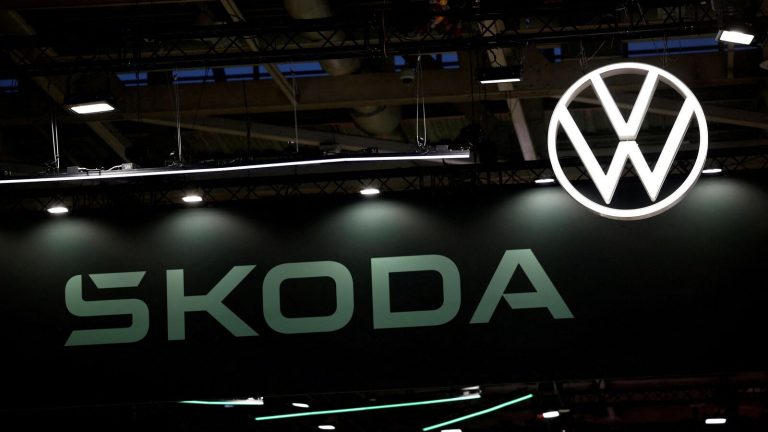Indian tax authorities have defended the $1.4-billion tax demand on Skoda Auto Volkswagen India Pvt. Ltd, claiming that its peers, including Volvo, Mercedes, and BMW, have also paid a 30% duty on cars brought into the country after breaking them down into individual parts.
Volvo paid ₹2,395 crore, Mercedes ₹2,213 crore, Maruti Suzuki ₹11,163 crore, BMW ₹532 crore, and Kia paid ₹263 crore in duties on completely knocked down (CKD) imports for their manufacturing processes, additional solicitor general N. Venkatraman, representing customs authorities, said in a response in the Bombay High Court.
Skoda Auto had moved the court on 29 January after the government sought customs duty at CKD rates on items imported over the past 12 years. Tax authorities have demanded a customs duty of about ₹11,526 crore (around $1.4 billion), along with interest, from the German automaker and issued a notice to confiscate the imported goods.
CKD refers to importing all components of a car in an unassembled state, which can then be put together to create a functional vehicle.
“Similar importers have been levied with 30% duty on CKD models of imports, and they have been paying,” the ASG argued in the court. “You have to fall in line. We are not wrong in issuing the show-cause notice. Don’t play the victim card for your own fault.”
The ASG said the customs authorities were confining their investigation only to the Aurangabad factory and not halting work at any other factory in India.
The tax notice to Skoda on 30 September 2024 challenges Skoda’s classification of parts and components imported for its Aurangabad factory. The government claims these imports should be classified as CKD kits for cars produced between March 2012 and July 2024.
The ASG said the reason for confining the investigation to the Aurangabad plant was that more than 95% of the parts there were imported to be assembled into cars, while the other factories had more local imports and less than 10% imports.
“Skoda’s manufacturing plant in Aurangabad is only for assembly,” Venkatraman said. “It does not distribute spares. It assembles. How are we so bad or arbitrary for sending the notice?”
The carmaker stated in its petition that it uses NADIN software worldwide to track demand and plan production, which the tax authorities have misconstrued as a means to circumvent tax laws. Skoda Auto allegedly used this software to break down vehicle orders into components and sub-assemblies, which were imported at a lower duty of 5-15%, instead of importing completely knocked down (CKD) kits and paying a 35% duty, according to the government. The court petition stated that these parts were then assembled locally into finished vehicles.
The dispute centres around whether these imports should be classified as CKD kits, which attract higher duties, or as standalone parts and components, which face a lower customs duty. Skoda’s petition argues that the tax authorities incorrectly interpreted the software as a means to break down the order for a car into separate parts, which are ordered from hundreds of suppliers around the globe, to the same effect as ordering CKD kits, to save on customs duty.


